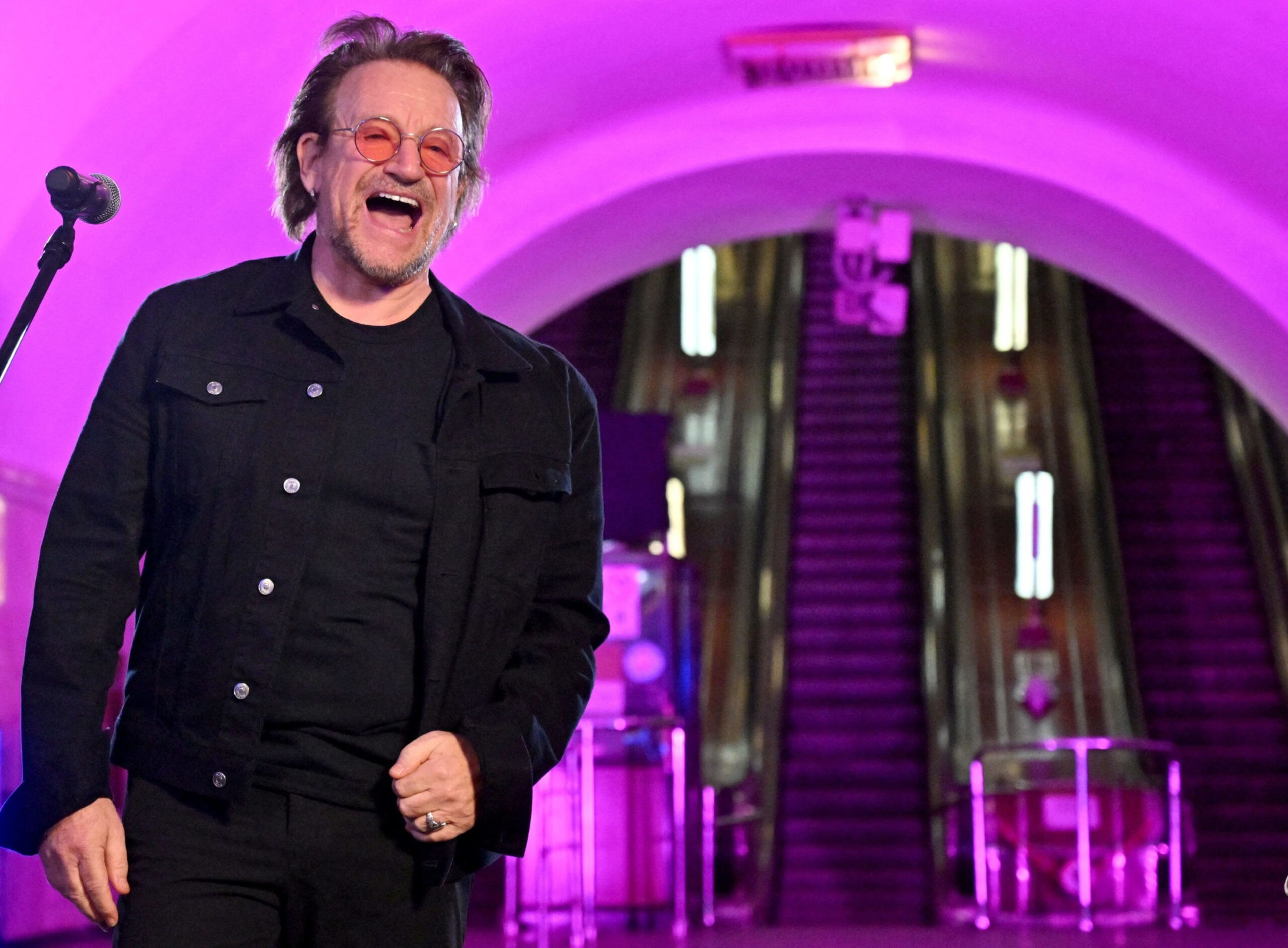Dreamforce, San Francisco’s annual mega tech convention—or circus, depending on whom you ask—is back. The local tourism industry is hoping that the event, slated to be the largest in-person conference since the pandemic, marks a turning point in the city’s revival.
In-person attendance is expected to be 40,000 (opens in new tab), which is much lower than previous years where a lanyard-donning mass of nearly 200,000 (opens in new tab) would descend upon the city for meetings, networking and festivities. Still, those numbers make it the largest conference in San Francisco since the pandemic started, and Salesforce says that Dreamforce is expected to generate $40 million in economic activity for the city.
Dreamforce runs from Tuesday until Thursday at Moscone Center. It’s famous for bringing a star-studded cast of political, cultural and philanthropic luminaries to town: celebrities slated to speak (opens in new tab)this year include Matthew McConaughey, Bono, Jane Goodall, Jennifer Hudson and Al Gore.
San Francisco locals should expect significant congestion around the Soma neighborhood, particularly the section of Howard Street in front of the Moscone Center, which will be shut down for most of the week as it turns into “Dreamforce National Park.”

The local tourism industry and city are praying that Dreamforce is a sign of better days to come.
Convention travel in San Francisco is still sluggish compared to the pre-pandemic days: This year, the economic impact of conventions is forecast at $400 million, compared to $1.17 billion in 2019, according to SF Travel, a group that promotes tourism in the city. The slow return of conventions and business travel is a factor in SF’s poor downtown recovery, which has been ranked last (opens in new tab) among large cities.
“We’re all very focused on making Dreamforce a big success because we recognize we’re at a pivotal moment in our city’s history,” said Alex Bastian of the San Francisco Hotel Council, a tourism industry trade association. “In the last few months, we have seen steps in the right direction and that’s as it relates to cleanliness, public safety and with workers coming back to the office.”
The city’s hold on conventions was tenuous even before the pandemic hit.

Prior to Covid, several high-profile conventions—including Oracle’s CloudWorld—left San Francisco, citing dirty street conditions (opens in new tab) and high hotel prices (opens in new tab). In San Francisco, hotel room nights booked this year for Moscone conventions were about 36% of the 2019 nights booked, according to SF Travel. By contrast, convention attendance in Las Vegas this year was 75% of their 2019 figures (opens in new tab).
Besides Dreamforce coming back, the city’s real estate and tourism industry is hopeful for another reason: June’s successful recall of former District Attorney Chesa Boudin. The business community were some of the top donors to the recall. Local real estate firm Shorenstein Realty, various realtors associations, the Chamber of Commerce and the Hotel Council all contributed amounts between $50,000 and hundreds of thousands to get Boudin recalled.
“Political winds in our markets are also shifting,” said John Kilroy, CEO of Kilroy Realty, a company with significant office building ownership in San Francisco, in a recent earnings call (opens in new tab). “These changes in San Francisco come on the heels of Seattle voters taking action late last year when they elected a business-friendly law & order mayor and city attorneys.”
